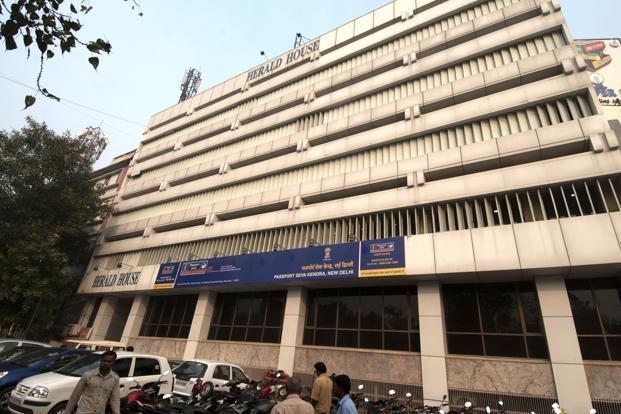
April 8, 2025
It’s been a rough day for the stock markets—not just in India, but around the world. Growing tensions between global giants like the United States and China have once again sparked fears of a trade war, and investors are clearly nervous.
In Mumbai, the Sensex dropped over 600 points, and the Nifty slipped below the 22,000 mark, pulling the mood down with it. It wasn’t just a small dip—it was a sharp fall that reflected the uncertainty in global markets. Sectors like IT, auto, and metals took the biggest hit, mainly because they rely so much on international trade.
A Global Chain Reaction
The story is similar in other parts of the world. Stock markets in the U.S., Europe, and Asia all showed red today. In Tokyo and Hong Kong, shares tumbled. In New York, the Dow Jones took a hit. Investors seem to be pulling back, fearing what might come next if trade relations worsen.
At the heart of it all are renewed tensions between the U.S. and China. Talks have stalled, and both sides are once again threatening tariffs. This back-and-forth is making businesses and investors anxious about how global trade will be affected. And as history has shown, when two big economies clash, the ripple effects are felt everywhere—including here in India.
The Rupee Slips, Investors Back Off
It wasn’t just stocks. The Indian rupee weakened too, falling to its lowest level in two months. That’s because foreign investors are pulling their money out of Indian markets. In just the past few days, over ₹3,000 crore has been withdrawn.
Why? When global uncertainty rises, investors usually run towards safer places—like gold or government bonds—rather than riskier markets like India. That sudden shift puts pressure on the rupee and the stock market alike.
What the Government Is Saying
The Finance Ministry released a short statement saying it’s “keeping a close eye on the situation” and will take steps to protect India’s economy if needed. While that’s somewhat reassuring, for now, the market seems to be reacting more to global headlines than local policies.
So, What Should Investors Do?
Financial experts are urging calm. “It’s important not to panic during times like these,” said Rajeev Kapoor, an investment advisor based in Delhi. “Markets go through ups and downs. Right now, things are shaky because of fear—but these moments also pass.”
Still, it’s a reminder of just how connected our world is. A disagreement between two countries thousands of miles away can shake up portfolios here at home. For regular investors, it’s probably wise to avoid making big moves and instead wait to see how things unfold.
What Lies Ahead
No one knows for sure what the next few days will bring. If the U.S. and China find a way to calm the situation, markets may bounce back. But if the trade fight gets worse, we might be in for a longer period of market instability.
For now, the best approach is to stay informed, avoid panic selling, and remember that markets—just like the world—have a way of finding balance over time.









